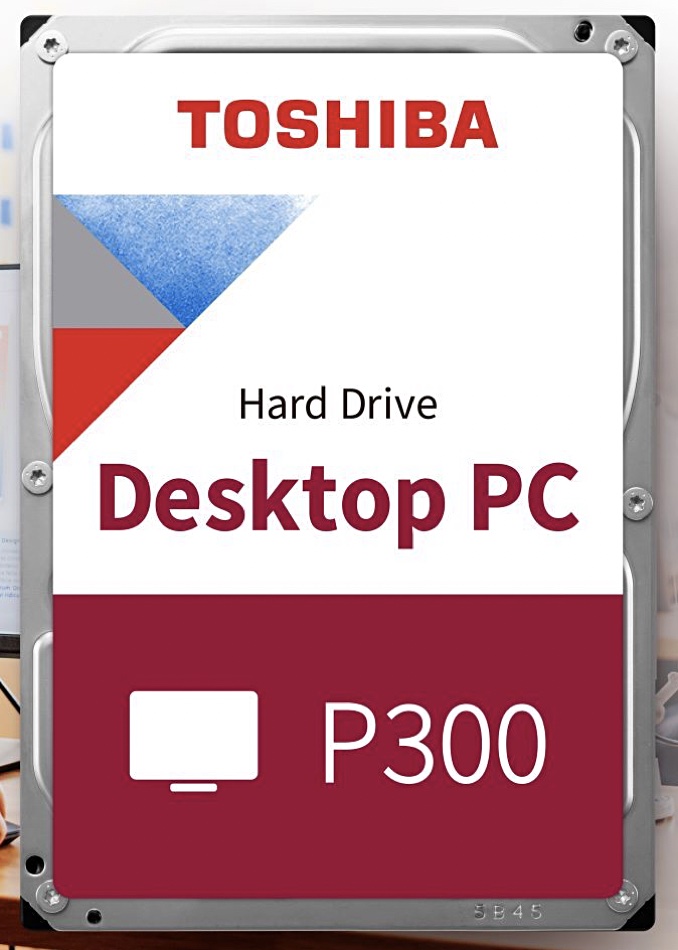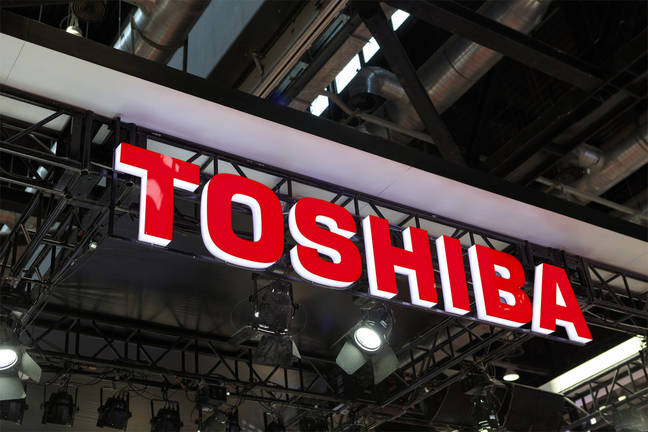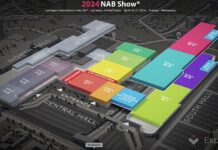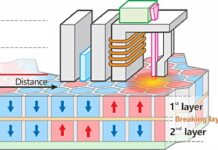Earlier this week Toshiba announced a 2TB disk drive designed for desktop, PC computing, gaming and storage applications, where performance, capacity and reliability are all critical.
We were surprised at this phrasing describing the highspin P300 Desktop PC Hard Drive spinning at nearline drive speed – 7,200rpm – and using a shingled magnetic recording media (SMR) format with its inherently slower data rewrite speed than conventional non-SMR media.

Toshiba specs say the drive has a larger than normal (for a 2TB drive) 256MB buffer to combat the SMR slowdown, resulting in a sustained transfer rate up to 210 MiB/sec – a 19 percent increase over its conventional P300 Desktop PC hard drive.
We asked Toshiba three questions about the new drive’s characteristics.
Blocks & Files: It would be great if Toshiba could explain why, in these days of SSDs for notebooks, desktops and gaming systems the updated P300 is described as “a highly optimized choice for addressing growing desktop computing demands, as well as web applications, gaming and data archiving work”? A 2TB disk is not that good in capacity terms for archiving when 18TB disks are readily available. How would Toshiba justify it as suitable for archiving?
Toshiba: Yes, there are higher capacities and better performing products on the market than the P300, but these usually come with a higher price tag. The P300 2TB is defined by us as an entry-level product, for everyday personal use. When referring to terms such as gaming, archiving etc. it refers to a personal general use, not to professional or enterprise use. Therefore, for some end-customers, the P300 can be a very good and cost-effective solution for a range of activities whether it is saving games, video footage or archiving data.
Blocks & Files: A 7,200rpm disk is not, in many people’s minds, suitable for gaming as it is too slow (compared to an SDD). How would Toshiba justify it as suitable for gaming?
Toshiba: The experience range of people gaming these days starts from the young (educational games), teens and families all the way to the professional gamer. HDDs may not offer the same speeds as SSDs or acoustic performance a professional gamer seeks. However, they are affordable and reliable for those starting out and the mid-field.
Additionally, hard drives can be a good option for games where loading speed is of lesser importance and where there are a higher amounts of media files and data to be stored or backed up. Actually, we recommend to use an HDD (for example with 2TB) in conjunction with an SSD for gaming as a cost-effective solution that utilizes the advantages of both technologies. This is where we see the P300 fit in.







